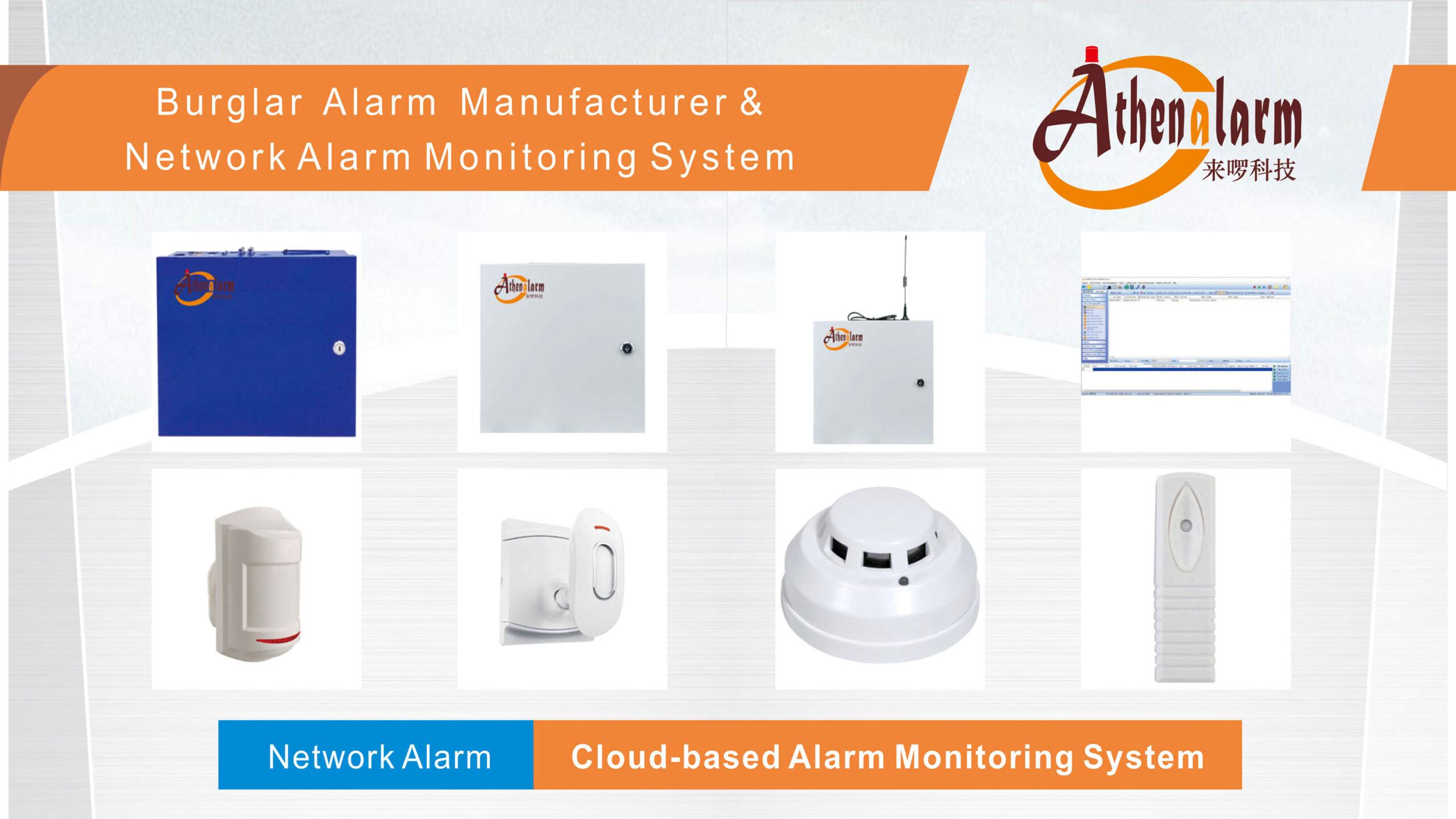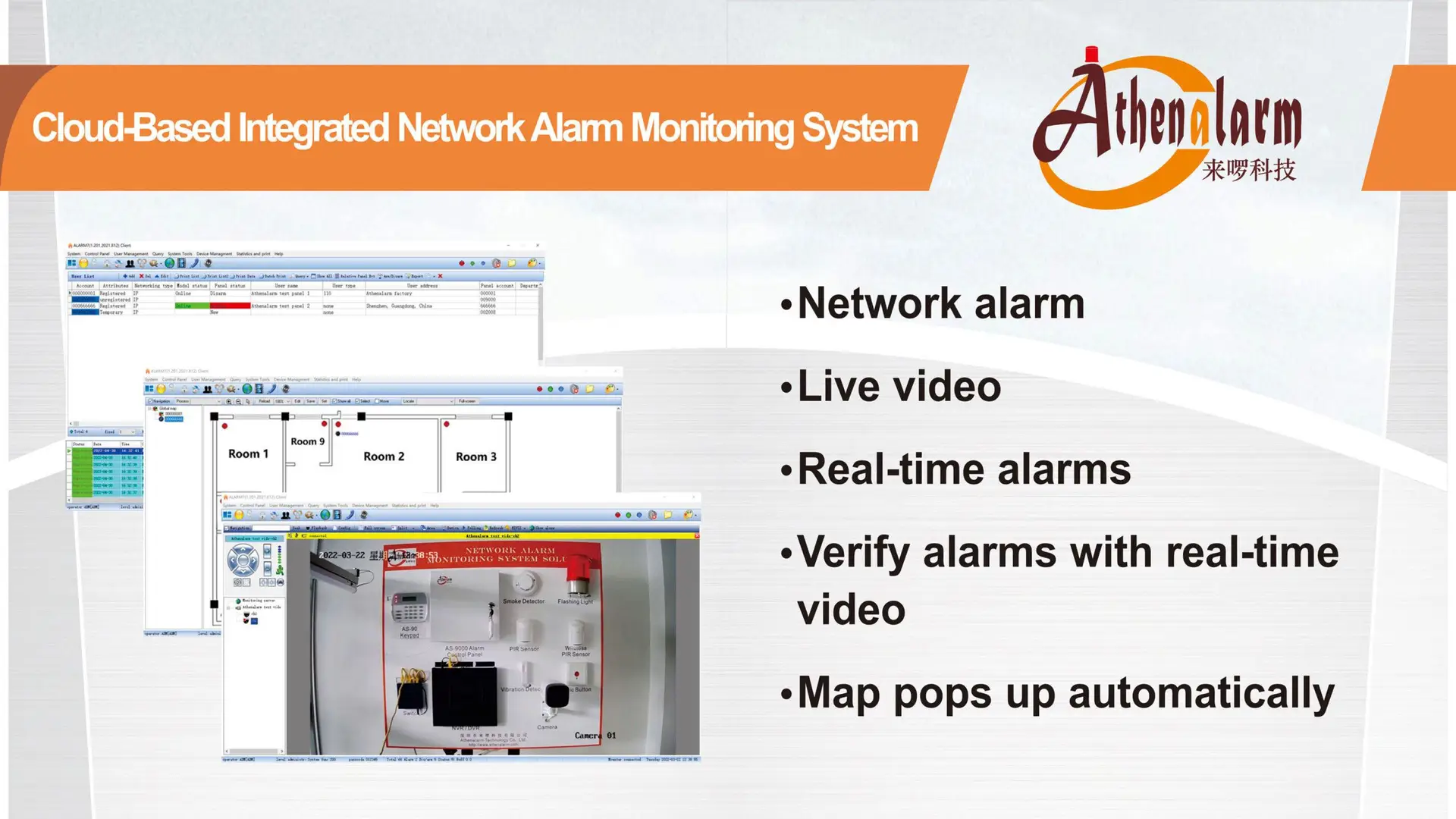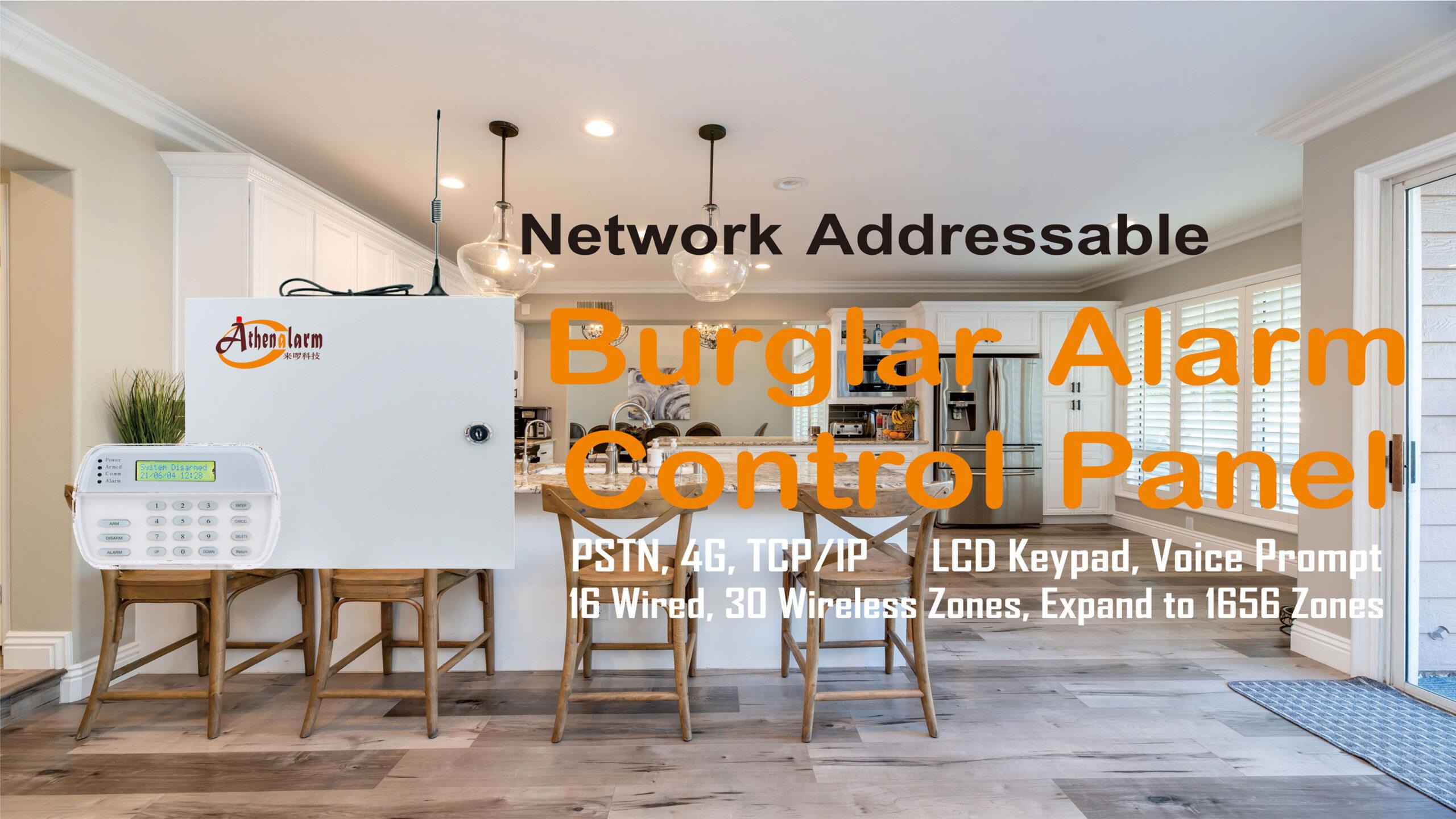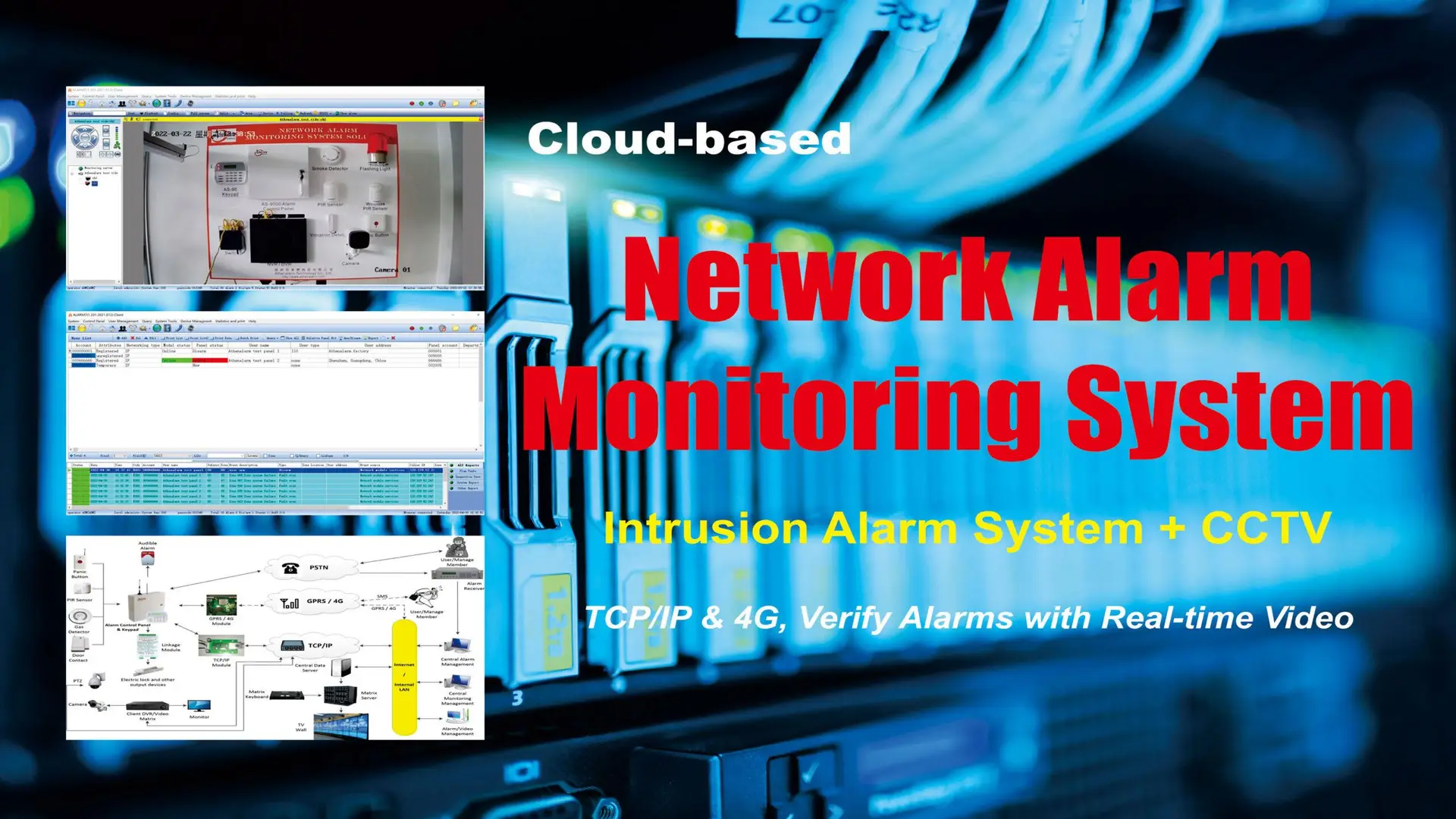



Choosing the Right Alarm Company Could Save Your Business—Here’s How to Get It Right
Table of Contents
In today’s complex security landscape, selecting the right alarm company transcends mere procurement—it’s a strategic decision that directly influences your business’s resilience, asset protection, and operational continuity. With the increasing sophistication of threats and the integration of advanced technologies, businesses must partner with alarm companies that offer not only cutting-edge solutions but also a deep understanding of industry-specific challenges.
This comprehensive guide outlines 12 critical steps to aid you in choosing an alarm company that aligns with your operational needs, technological expectations, and long-term security objectives.
1. Seek Industry-Specific Recommendations
Begin by consulting peers within your industry to gather insights on alarm companies they trust. Industry-specific referrals often provide valuable information about a company’s performance, reliability, and responsiveness to sector-specific security challenges. Cross-reference these recommendations with online reviews and ratings on platforms like Google Business and the Better Business Bureau to ensure consistency and credibility.
2. Ensure Technician Certification and Ongoing Training
Technicians should possess certifications from recognized bodies such as the Electronic Security Association (ESA) or state-regulated programs. Certifications like those from ESA’s National Training School (NTS) indicate a technician’s proficiency in equipment handling, regulatory compliance, and best practices in intrusion, fire, and life safety systems. Continuous training ensures technicians stay updated with evolving technologies and standards.
3. Verify ESA Membership and Ethical Standards
An active membership with the ESA signifies a company’s commitment to ethical practices, ongoing education, and adherence to the latest security protocols. ESA members are often at the forefront of technological advancements, including cloud monitoring, AI-driven analytics, and remote diagnostics, ensuring your business benefits from cutting-edge solutions.
4. Assess Digital Reputation and Case Studies
Beyond star ratings, delve into detailed reviews and case studies to understand how the company handles real-world scenarios. Engage with local law enforcement’s crime prevention units for insights into the company’s performance during emergencies. A pattern of positive outcomes and effective incident resolutions is indicative of a reliable alarm company.
5. Confirm Licensing, Insurance, and Compliance
Ensure the alarm company holds valid licenses for all jurisdictions they operate in and carries adequate liability and Errors & Omissions (E&O) insurance. Request tangible proof of these credentials. Compliance with standards like UL 2610 and NFPA 72 demonstrates the company’s commitment to safety and regulatory adherence.
6. Conduct On-Site Security Assessments
A reputable alarm company should offer a comprehensive on-site evaluation to tailor security solutions to your specific needs. During the assessment, they should analyze your facility’s layout, identify asset risk tiers, and discuss integration requirements, such as combining access control with fire and video surveillance systems.
7. Review Contracts with a Security-Focused Perspective
Scrutinize service agreements for hidden fees, auto-renewal clauses, and hardware/software ownership terms. Ensure the contract allows for system scalability and doesn’t lock you into proprietary platforms without migration options. Clarity in contract terms protects your business from unforeseen obligations.
8. Demand 24/7 Support and Preventive Maintenance
Alarm systems require continuous monitoring and maintenance to function optimally. Choose a company that offers round-the-clock technical support, scheduled system checks, and a clear escalation matrix. Inquire whether support services are in-house or outsourced, as this can impact response times and accountability.
9. Ensure Comprehensive and Integrated System Offerings
Modern security demands integrated solutions encompassing intrusion detection, fire and smoke monitoring, access control, video surveillance, environmental sensors, and cloud-based dashboards for real-time control. An alarm company should act as a systems integrator, providing cohesive solutions that enhance overall security efficacy.
10. Evaluate Emergency Response Protocols and Metrics
Assess the company’s emergency response capabilities by examining their average police dispatch times, false alarm rates, and escalation strategies. Ensure they have redundant signal transmission methods, such as cellular and IP, to guarantee reliability during critical incidents.
11. Insist on Transparency in Pricing and Performance
Transparency in pricing, service-level agreements (SLAs), and performance metrics is non-negotiable. Request detailed, itemized quotes and inquire about key performance indicators (KPIs) like first-time fix rates and system uptime. Understanding who owns the hardware at contract termination is also crucial to avoid unexpected costs.
12. Prioritize Long-Term Partnership and Scalability
Security needs evolve with business growth. Select an alarm company that views your relationship as a long-term partnership, offering periodic audits, system upgrades, and adaptability to new regulatory requirements. A provider aligned with your growth trajectory ensures sustained security and cost-effectiveness.
Conclusion: Investing in a Strategic Security Partnership
Selecting the right alarm company is a strategic investment in your business’s security infrastructure. By following these 12 essential steps, you position your enterprise to benefit from reliable, scalable, and integrated security solutions. Remember, the goal is not just to install an alarm system but to establish a partnership that evolves with your business, ensuring continuous protection and peace of mind.
Frequently Asked Questions (FAQ)
1. What certifications should I look for in an alarm company?
Seek companies with technicians certified by the Electronic Security Association (ESA) or state-recognized programs. Certifications like ESA’s National Training School (NTS) indicate proficiency in equipment handling and compliance with safety standards.
2. Why is ESA membership important for alarm companies?
ESA membership signifies adherence to ethical standards, ongoing education, and the latest security protocols, ensuring the company is committed to delivering high-quality, up-to-date security solutions.
3. How can I verify an alarm company’s licensing and insurance?
Request tangible proof of the company’s licenses for all operational jurisdictions and confirm they carry adequate liability and Errors & Omissions (E&O) insurance to protect against potential risks.
4. What should be included in a comprehensive security assessment?
A thorough assessment should analyze your facility’s layout, identify asset risk tiers, discuss integration needs (e.g., access control, fire, video surveillance), and result in a tailored security proposal.
5. Why is 24/7 support crucial for alarm systems?
Continuous support ensures prompt response to technical issues, system malfunctions, or security breaches, minimizing downtime and maintaining optimal protection at all times.
6. What integrated systems should a modern alarm company offer?
Comprehensive offerings should include intrusion detection, fire and smoke monitoring, access control, video surveillance, environmental sensors, and cloud-based dashboards for real-time management.
7. How can I assess an alarm company’s emergency response effectiveness?
Evaluate metrics such as average police dispatch times, false alarm rates, and the presence of redundant signal transmission methods (e.g., cellular and IP) to ensure reliability during emergencies.
8. What should I look for in an alarm company’s contract?
Examine the contract for hidden fees, auto-renewal clauses, hardware/software ownership terms, and ensure it allows for system scalability and doesn’t restrict migration options.
9. Why is transparency in pricing and performance important?
Transparent pricing and clearly defined performance metrics (e.g., first-time fix rates, system uptime) enable you to set expectations, measure service quality, and avoid unexpected costs.
10. How does a long-term partnership with an alarm company benefit my business?
It ensures consistent protection, tailored support, and proactive system upgrades as your business evolves. Over time, the provider understands your risks better—delivering greater efficiency, compliance, and peace of mind.
